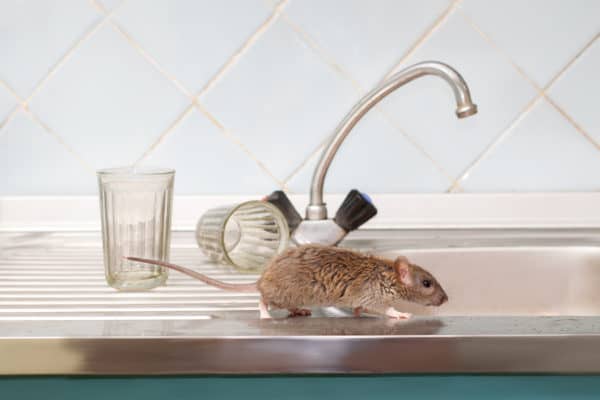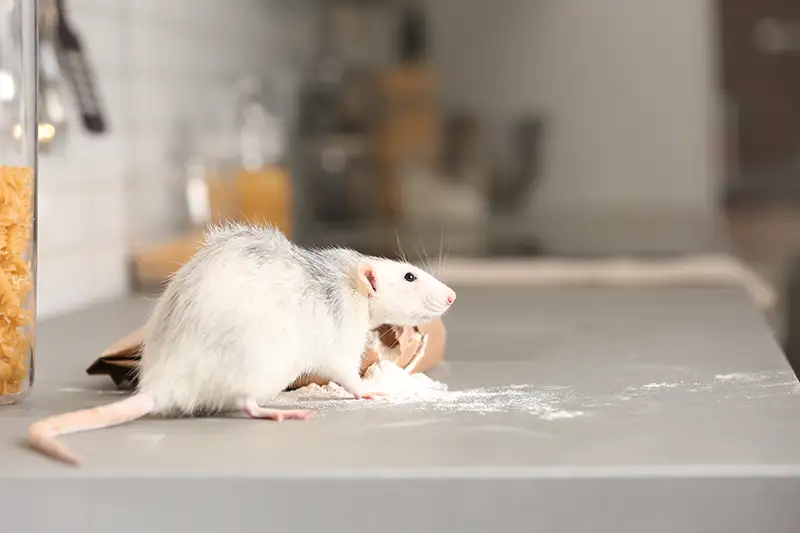Pest Management at Home: Strategies for a Pest-Free Life
Share
Every homeowner's worst nightmare is an unexpected invasion. Learning effective pest management at home is crucial. It not only safeguards your property but ensures a healthy living environment. With the right strategies, you can maintain your home as a sanctuary from uninvited guests.

Understanding Why Pests Invade
Before diving into pest control methods, it's essential to understand why pests invade homes in the first place. Many of them are searching for food, water, and shelter. Houses provide a safe haven with an abundance of resources for these critters. This is why regular household maintenance is an integral part of pest management.
Environmental Factors
The environment around your home plays a significant role in pest attraction. Pests thrive in moist conditions. It's vital to address leaks, especially in basements and attics. Ensure that there is no stagnant water near your home and maintain a well-ventilated space.
Home Maintenance
Routine maintenance tasks can dramatically reduce pest invasions. Regularly clear clutter, as it offers hiding spots for pests. Seal cracks and crevices to keep them from entering your home. Don't ignore slight damages, as they can be pathways into your house.
Practices for Effective Pest Management
Implementing the right practices ensures a pest-free environment. Homeowners have several methods at their disposal. It's about integrating these practices into everyday life. Here are some strategies:
Natural Deterrents
Natural pest repellents can be an excellent choice for homeowners. Planting herbs like basil, mint, and lavender not only beautifies your garden but discourages pests. According to Family Handyman, essential oils act as potent barriers too.
Integrated Pest Management (IPM)
IPM involves combining different management strategies and practices to control pests. This includes biological, cultural, physical, and chemical tools used in a meticulous manner. It's about creating a harmonious environment where pests can't thrive.
DIY Pest Management Techniques
Many homeowners are opting for DIY pest management solutions. These can be just as effective as professional services when done correctly. Tapping into resources like this guide can provide valuable insights.
Home-Brewed Solutions
Simple solutions like vinegar sprays or lemon peels can deter many pests. For ants, try creating a mix of spices like cinnamon to disrupt their scent trails.
Laying Traps
Traps can be an essential part of your management strategy, especially for rodents or larger pests. Snap traps and sticky traps are traditional, effective methods.
For more details on keeping pests out, check out our tips for a pest-free home.
When to Call the Professionals
While many can manage pests on their own, there are times when professional help is needed. Recurring infestations or potentially dangerous pests like termites or bed bugs should be immediately addressed by experts. Visit our natural pest repellent guide for initial steps before consulting professionals.
Preventive Measures
Regular Cleaning
Maintaining a clean home is the first step in prevention. Dust and vacuum regularly to eliminate potential food sources for pests.
Another effective strategy is properly storing food. Using airtight containers keeps pests from detecting scents and limits their access.
Inspect Regularly
Regular inspections of your home can help you catch any signs of infestations early. Focus on areas like the basement, attic, and kitchen. This routine practice acts as a preventive measure and can save significant time and resources.
Conclusion
Pest management at home is an ongoing process. It requires diligence, routine care, and sometimes expert intervention. However, with the right strategies and practices in place, homes can remain safe, healthy environments, free from unwanted intruders.
Learn more about keeping your home pest-free by exploring our natural pest repellent options.

FAQs
What natural methods can I use for pest management at home?
Natural methods include using vinegar sprays, planting herbs, and essential oils to deter pests. For more information, check out our natural solutions guide.
When should I call in pest control professionals?
Call professionals for persistent infestations or dangerous pests, like termites or bedbugs, that DIY methods can't handle.
What are common DIY pest traps I can use at home?
Common DIY traps include sticky traps for insects and snap traps for rodents. These are effective for managing minor infestations. For more DIY techniques, read more here.
This article contains affiliate links. We may earn a commission at no extra cost to you.
